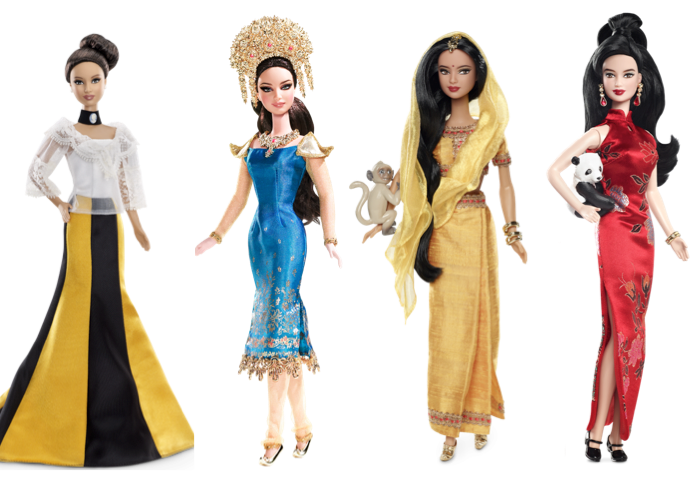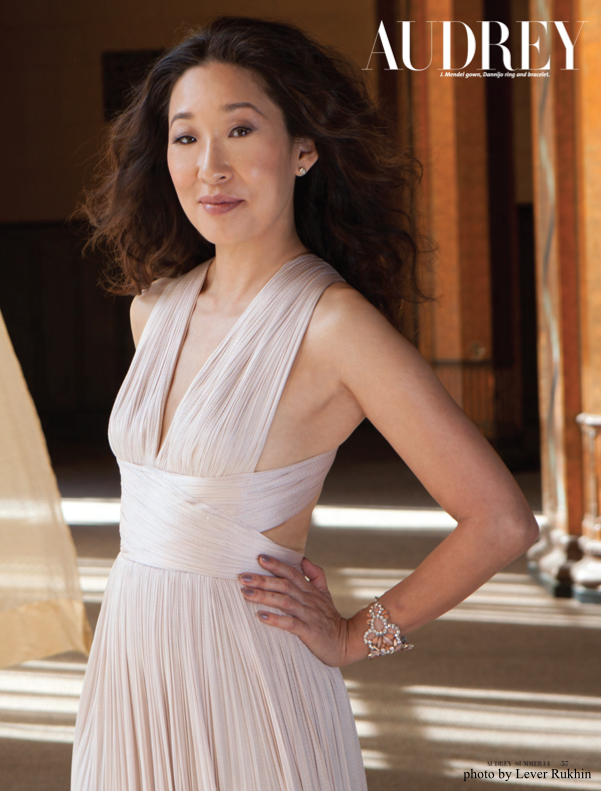When I was a little girl, I had a lot of dolls. I mean a lot of dolls. There were Barbie dolls cluttering my toy box, Cabbage Patch dolls lining my window sill and Ragdolls taking up most of my bed.
Despite my ever-growing collection, I noticed there was one doll in particular that I favored above the rest. She was the one doll that went on family vacations with me, accompanied me to the dinner table and was the only one in my arms for nap time.
As a child, I couldn’t figure out why I played favorites with her. Now as an adult, the answer is obvious: she was my only Asian doll. I quickly realized it wasn’t favoritism at all. It was my natural craving to find anything that looked like me in a toybox filled with blond hair and blue eyes. It was the craving to know that the way I looked was “pretty enough” to be created into a doll. It was the craving to know that it was okay to look different.
This is probably why there is quite some sadness over the recent news of American Girl discontinuing their only Asian American doll. Our community has lost an already rare opportunity for our little ones to see their culture and experiences reflected in mainstream/popular culture.
Luckily for us, in the midst of this bad news, we discovered something incredible. While looking for alternate Asian dolls that our little ones could have instead of an American Girl doll, we uncovered something even better.
As it turns out, Barbie, the world’s most popular series of dolls, saw the necessity in having diversity among their dolls. We found everything from Korean and Filipino Barbies to Japanese Kens.
Now don’t get us wrong. We’re aware of the various problems that come along with the Barbie franchise and we certainly don’t want our children facing unrealistic expectations to be thin, but having Asians portrayed in such a mainstream fashion is clearly a win for us. Imagine children going home with these and gaining a curiosity for the cultural significance of their Barbie’s dress or headpiece or jewelry. Imagine children having dolls that make them proud of their ethnic makeup.
Unfortunately, many of these very limited-edition dolls are no longer available from Mattel and are probably in the hands of hardcore doll collectors. Maybe if we cross our fingers enough, we can get these Barbies back? We could certainly use them.
UPDATE: You can now purchase Mutya, the new Filipina Barbie doll and the limited edition Eva Chen Barbie doll.





[wp_ad_camp_1]











[wp_ad_camp_3]
(SOURCE)







